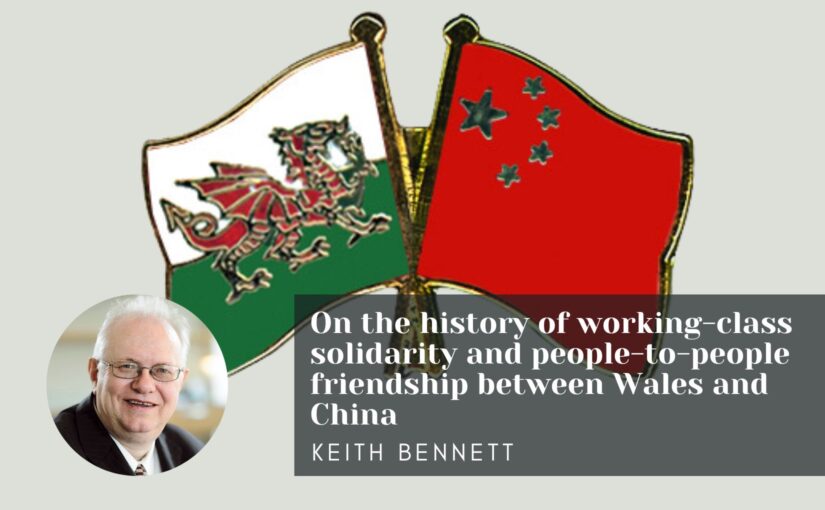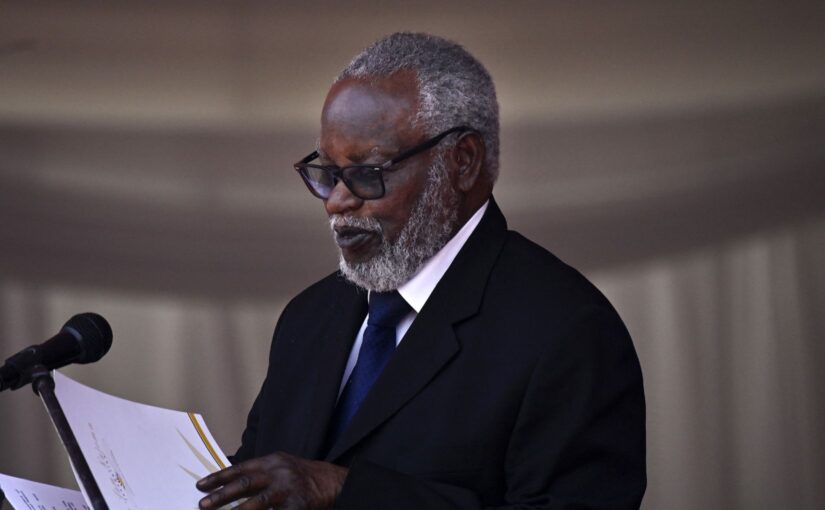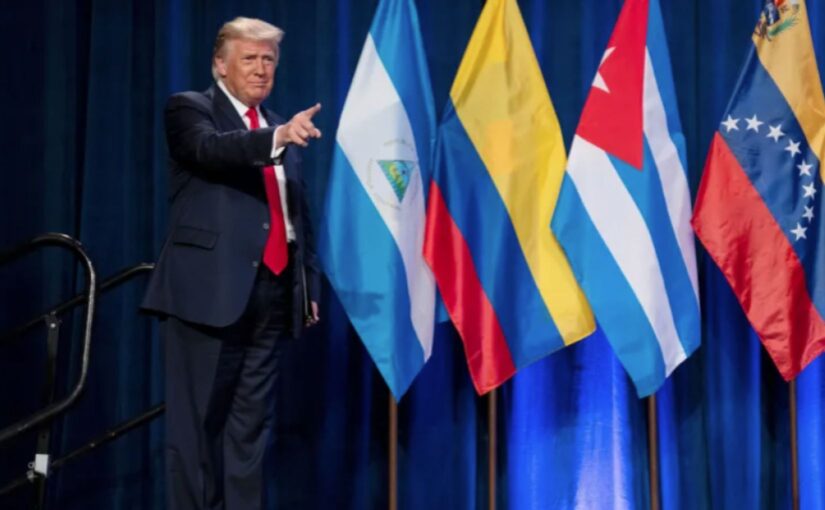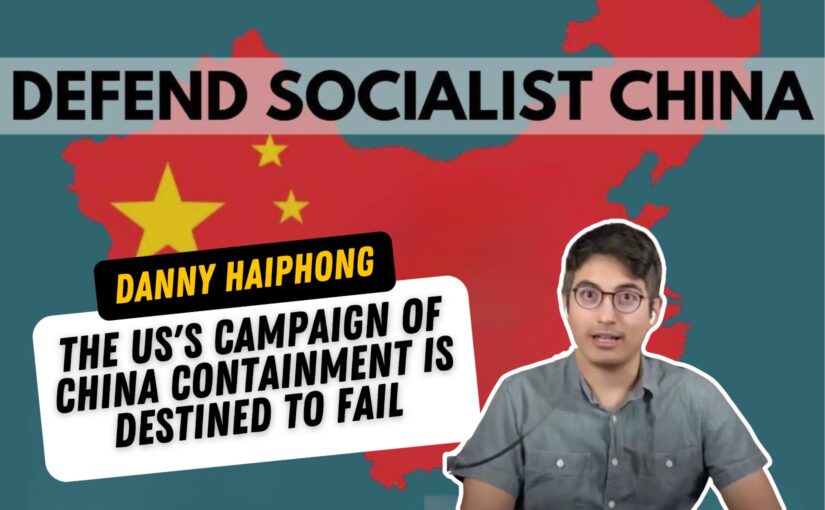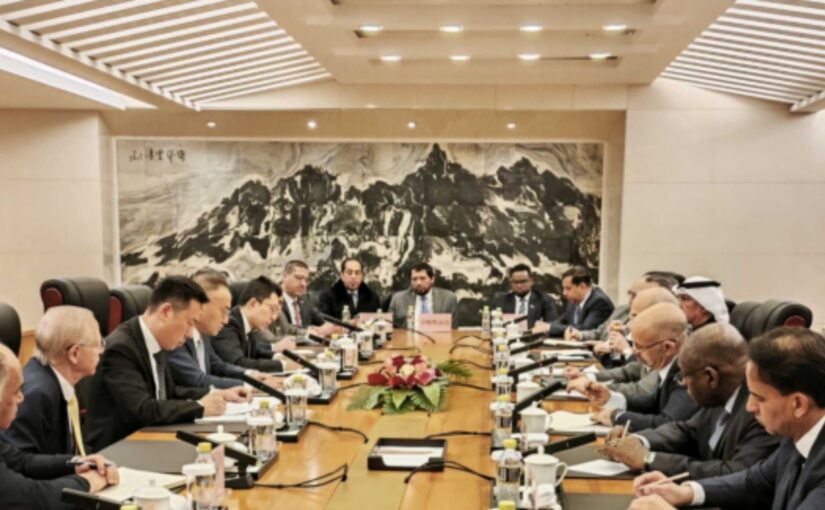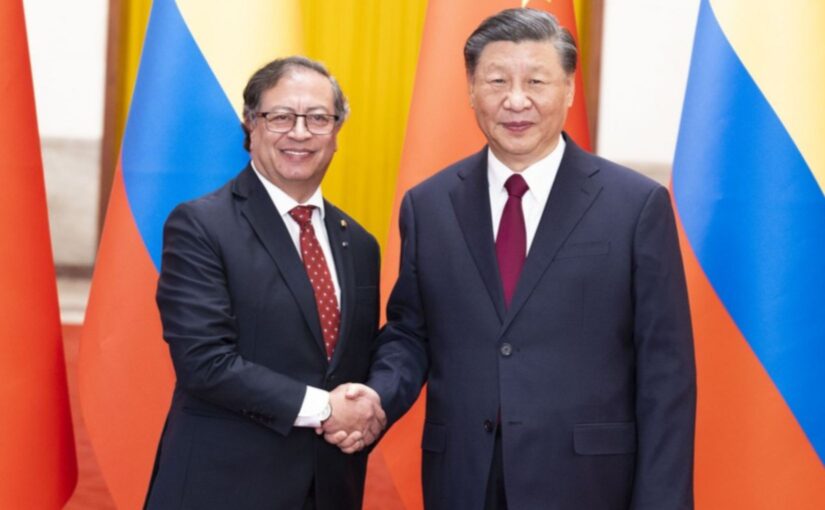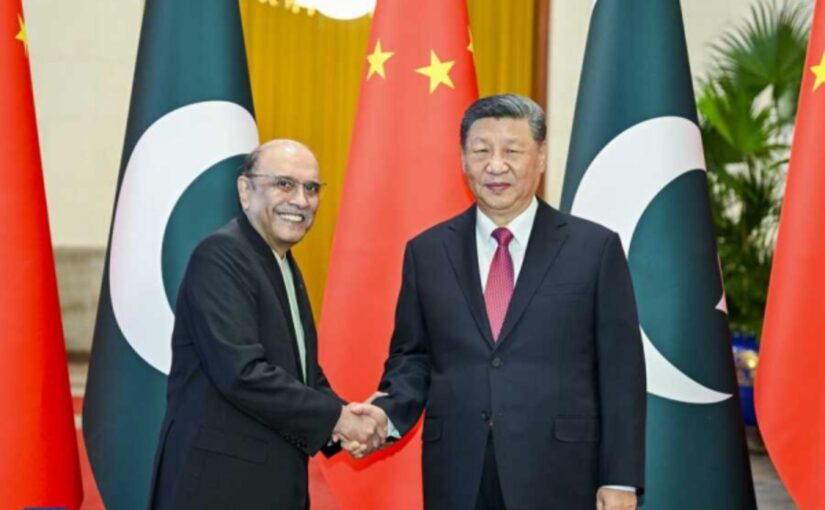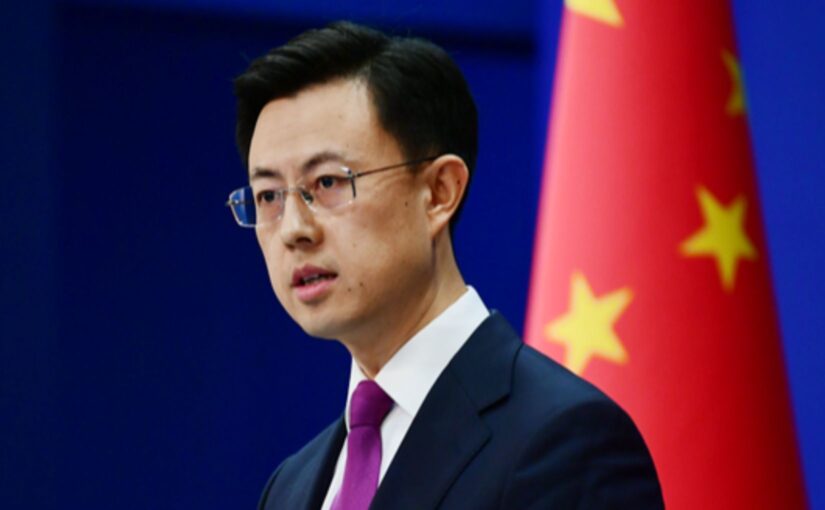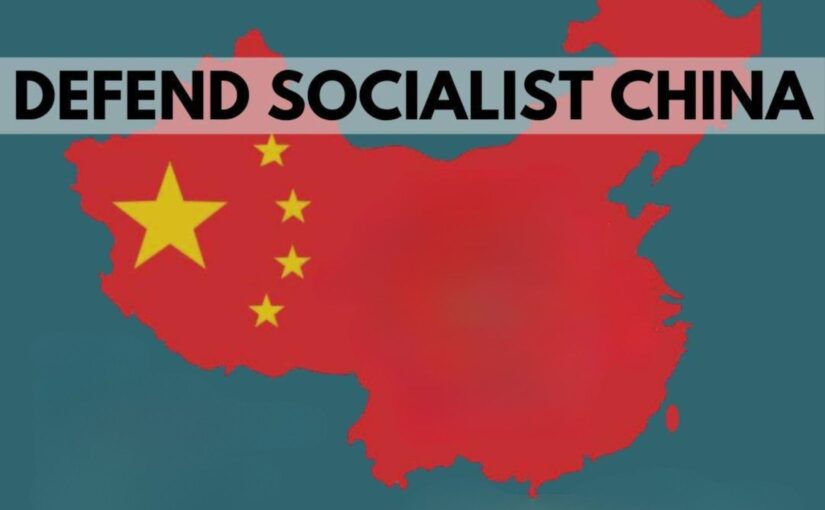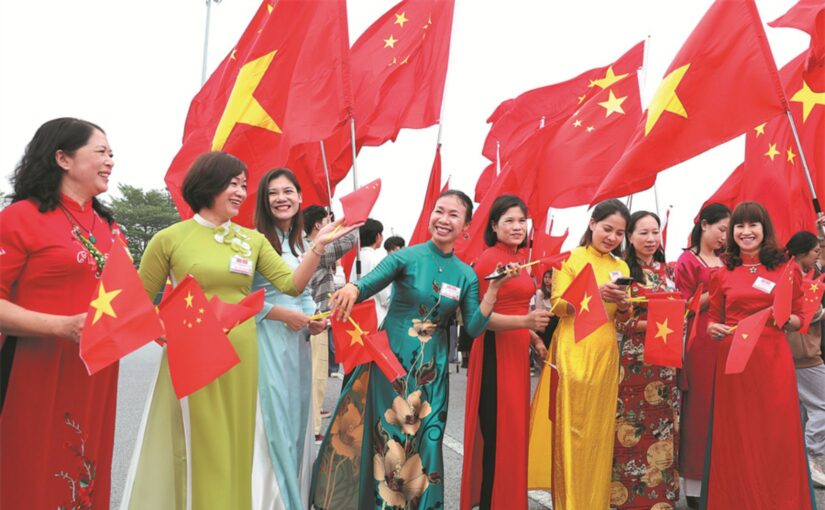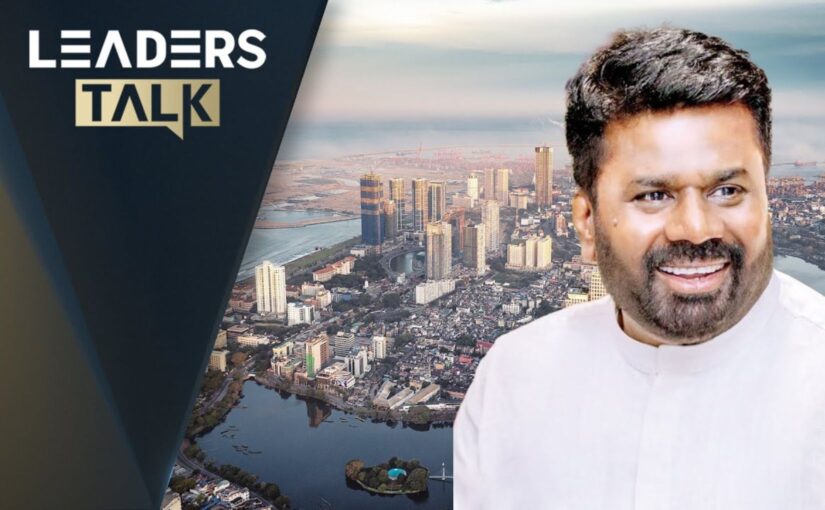The Morning Star held its first Wales Conference on Saturday February 15, 2025, at the Cardiff offices of the UNISON trade union, with the theme ‘Which way for Wales? Developing progressive policies’ and a stated aim of setting the progressive agenda in Wales to combat the far right ahead of the 2026 Senedd [Welsh Parliament] elections. The Reform Party led by Nigel Farage is predicted to make a major breakthrough in these elections, with no single party securing a majority. This threat was underlined on the eve of the conference with the election of a Reform councillor in a Torfaen Council by-election – the party’s first such election victory in Wales.
In a full day of discussion, Friends of Socialist China co-editor Keith Bennett spoke in an afternoon session on Wales for peace and anti-imperialism. He was joined on the panel by Betty Hunter, Honorary President of the Palestine Solidarity Campaign (PSC); Roger McKenzie, Foreign Editor of the Morning Star; Dylan Lewis-Rowland, National Secretary of CND (Campaign for Nuclear Disarmament) Cymru; and Jim Scott, a PARC Against DARC campaigner. (DARC, or Deep Space Advanced Radar Capability, involves plans to build space radar dishes that would allow the United States “to militarily dominate all of space” from Wales and has a key role in the AUKUS project aimed at China. An update on the campaign can be read here.)
With an opening keynote address by Morning Star editor Ben Chacko, the array of speakers included Shavanah Taj, TUC (Trades Union Congress) Cymru General Secretary; Jess Turner, UNISON Wales Regional Secretary; Pasty Turner, UNITE Wales Political Officer; Steve Skelly, RMT Regional Organiser; Luke Fletcher, Plaid Cymru Member of the Senedd; Robert Griffiths, General Secretary of the Communist Party of Britain (CPB); Beth Winter, former Labour MP who recently resigned from the party; Hussain Said from Black Lives Matter; Jo Galazka, UNITE Wales Equalities Officer; Jenny Rathbone, Labour Member of the Senedd; and Mairead Canavan, national executive member for Wales of the National Education Union (NEU).
In his speech, Keith focused on the history of working-class solidarity, people-to-people friendship and sub-national diplomacy between Wales and China and the benefits that could accrue from a revival and strengthening of such links, including in trade, two-way investment, sustainability and the rural economy, and education.
We reproduce the text of his speech below. A preview of the conference and a subsequent report were carried by the Morning Star.
Thank you for the opportunity to contribute to this discussion on Wales for peace and anti-imperialism.
We established Friends of Socialist China in May 2021 as a platform based on supporting the People’s Republic of China and promoting understanding of Chinese socialism. With China playing an ever more important role in the world, as well as the daily more acute international situation, not least the new Cold War, we believe that the need for an organisation such as ours has never been greater. China is also the most prominent force pushing for the establishment of a multipolar system of international relations and a new international economic order. And it is emerging as the global leader in the struggle to avoid climate catastrophe.
For all these reasons and more, we see the building of people-to-people friendship with China as an important part of the type of overall progressive agenda for peace and socialism that this conference aims to help develop.
The People’s Republic of China has always maintained that there are three types of international relations, defined by the country’s first Prime Minister Zhou Enlai as government-to-government, party-to-party and people-to-people.
Of course, these three strands are inter-related, but they are also distinct and have their own dynamics. And in recent years, along with a renewed emphasis on people-to-people diplomacy, China has also been promoting what it calls sub-national diplomacy. By this they mean engagement with devolved administrations, regional and provincial assemblies and parliaments, and local authorities and local government generally.
Now, in terms of people-to-people friendship and solidarity, on the part of the organised working class in particular, as well as on sub-national diplomacy, Wales already has a good tradition and history which can be inherited and can help to build the future.
In 1983, Cardiff became the first city in the UK to sign a twinning agreement with a Chinese city – with Xiamen, a major port in Fujian province.
In 1987, Swansea signed a friendship agreement with Nantong in Jiangsu province. A double ceremony saw the Welsh red dragon flying over Nantong while in Swansea, then Deputy Council Leader Charles Thomas helped raise the Chinese five star red flag over the Guildhall.
In 2006, a Memorandum of Understanding was signed by First Minister Rhodri Morgan, on behalf of the Welsh government, and the municipal government of Chongqing, in the west of China. (Incidentally, the municipal area of Chongqing is approximately the size of Austria, only with a population of 32 million compared to Austria’s 9 million.) This was followed by a formal cooperation agreement, again signed by Rhodri Morgan in Chongqing, during his second visit in 2008. This agreement had originally been proposed by then Vice Premier (and later Premier) Wen Jiabao when he visited Wales in 2000.
Continue reading On the history of working-class solidarity and people-to-people friendship between Wales and China